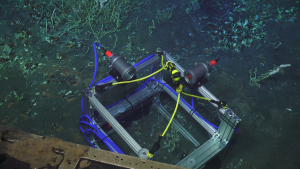
June 10, 2025
Snapshots of the deep shed light on hydrocarbon seeps
Mizzou Engineers have developed a low-cost mobile technology to study naturally occurring gas leaks beneath the ocean’s surface.

June 6, 2025
Mizzou Engineering leaders awarded named professorships
These three-year appointments recognize excellence in research, teaching and service across multiple disciplines.
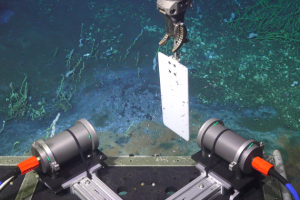
July 9, 2024
Bubbling with curiosity: Mizzou engineer investigates oceanic phenomenon
Binbin Wang has spent years researching hydrocarbons in the Gulf of Mexico and discovering how natural seeps in the ocean floor affect the environment. He is now working on a long-term research project using a National Science Foundation research vessel.
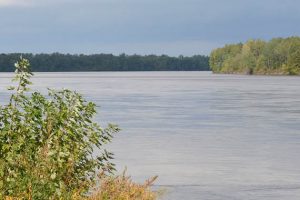
June 7, 2024
Missouri Water Center receives more than $700,000 in EPA seed grant funding
Cross-disciplinary researchers to look at water quality, quantity issues through eight research and education projects at the Missouri Water Center.
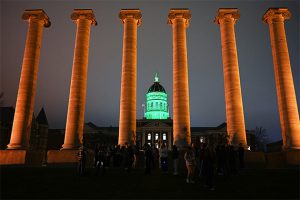
March 18, 2024
Faculty, staff, students, alumni recognized with Engineering Awards
Mizzou Engineering on Friday recognized outstanding faculty, staff and students for their dedication and service as part of the College’s annual awards banquet.
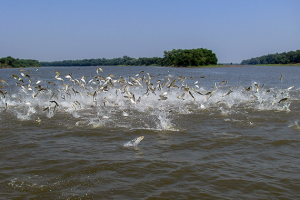
Jan. 23, 2024
Missouri Water Center helps secure three USGS National Competitive Grants
With support from the Missouri Water Center, three Mizzou researchers have been awarded highly competitive grants through the U.S. Geological Survey’s (USGS) Water Resources Research Act Program. The National Competitive (104G) Grants aim to promote collaboration between USGS and university researchers on significant national and regional water issues.

Dec. 1, 2023
Interdisciplinary team develops fast, reliable model to predict how seeds move
Playing an essential foundational role in an ecosystem, plants contribute to the well-being of human health by helping create resources like food and medicine. Therefore, to better understand how plants can maintain resiliency in the face of challenges like climate change, a team of researchers at the University of Missouri and Michigan State University recently collaborated to develop an innovative mathematical model that can provide fast and reliable predictions of how far wind can carry a plant’s seeds.
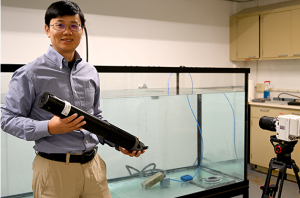
Sep. 25, 2023
Wang receives funding to develop technology to study natural seeps
A thousand feet under the ocean, plumes of gases are rising out of plant and animal fossils. These natural seeps provide necessary food and energy for marine life. In rare situations, they could also pose challenges to oceanic exploration if they are massive in volume and could be releasing methane into the environment in shallow waters.
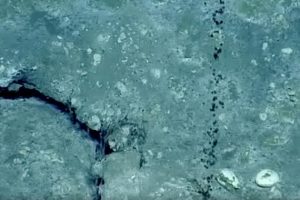
May 23, 2022
Engineer develops underwater imaging system to investigate natural seeps
A still image from Binbin Wang’s research into natural seeps. It’s estimated that roughly 160,000 tons of oil and gas naturally enter North American waters each year. These so-called “natural seeps” are hydrocarbons that come out of plant or animal fossils under the seafloor. Depending on where they are, the bubbles of oil and gas can dissipate or, in more shallow spots, rise to the surface, sending methane into the atmosphere. But how do they behave and impact surrounding water at the point they arise from the ocean floor? That’s what Binbin Wang hopes to find out. Wang, an…
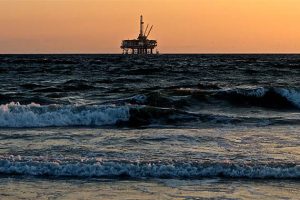
Jan. 24, 2022
Wang selected for National Academies’ Gulf Research Fellowship
A Mizzou Engineer is one of six scientists from across the country selected for an Early-Career Research Fellowship (ECRF).